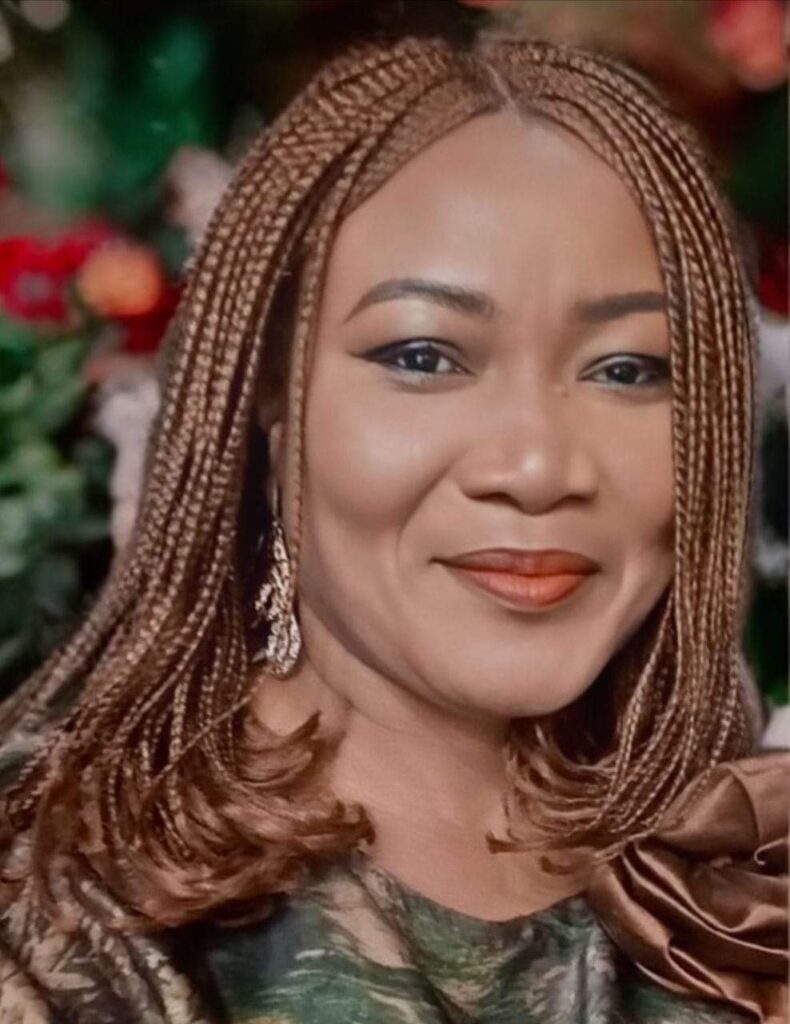
I have fallen into the trap of using all of these phrases in the past, in the course of my career as a broadcaster, either in presenting, producing or supervising a team carrying out a presentation or production task. These three phrases I am signposting are common mistakes committed by both veterans and neophytes, and our guests.
‘Thanks for having me’ – As we seek perspectives, and divergent views on a variety of developing stories and issues as programme makers, we invite guests. After interactions and we thank our guests for their time and expertise, we often hear the phrase, ‘thanks for having me’.
Let’s examine this phrase, critically, ‘having me’ for supper or lunch? And there are other connotations, depending how ‘pure’ your mind is. The popular is not always right. Just because its pervasive does not make it right. Let’s change it to a more functional, less ambiguous, ‘Thanks for inviting me’, It was my pleasure’ or other variants.
‘Welcome Back’ – This a marker in production and presentation. It is used on radio and TV. The reality is that the audience went nowhere, you did. You took a commercial or public announcement break within the programme. It was a breather for you.
These breaks are sometimes taken when a production is experiencing technical glitches, a change of guests on a show or programme, or there is a need for an emergency development, to be addressed in a live production personal to the presenter or one of the guests, for instance a cough or the need to suddenly pee. It may also be team based, perhaps a camera man slumps behind the camera.
Even in indigenous language presentations, you hear, ‘e kaabo pada sori eto’. We went nowhere, we didn’t touch the dial.
‘You are watching Jasiri’ then go on with the presentation, for a programme that is placed on different stations. You could add station identification if the programme is domiciled in that station.
Can we substitute or this is one culture that would be difficult to dislodge, discard or outrightly abolish?
‘We’ve lost him’ – Another variant is the phrase, ‘we lost the caller’. No you didn’t lose the caller. He is not dead. You lost the call. What is needed is a bit of mindfulness in the performative mode that you are, in a call in ‘situ’ in the studio.
Be the one to effect the change, as the head of programmes or presentation in your radio and TV station.
Anikeade Funke Treasure is a speech coach and mentor in a range of operational transmedia roles including presentation, production, reporting, newsroom leadership and media management.

